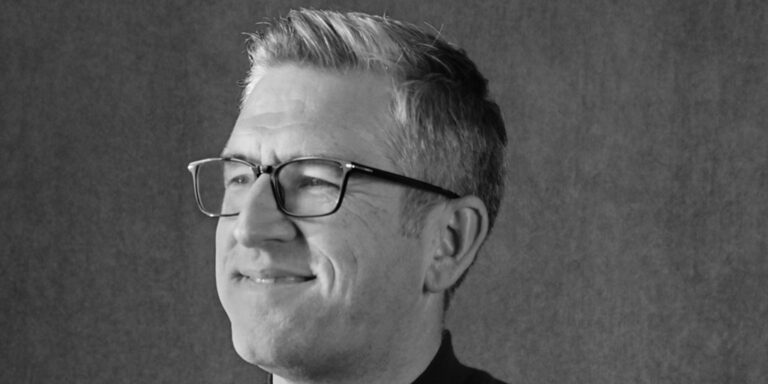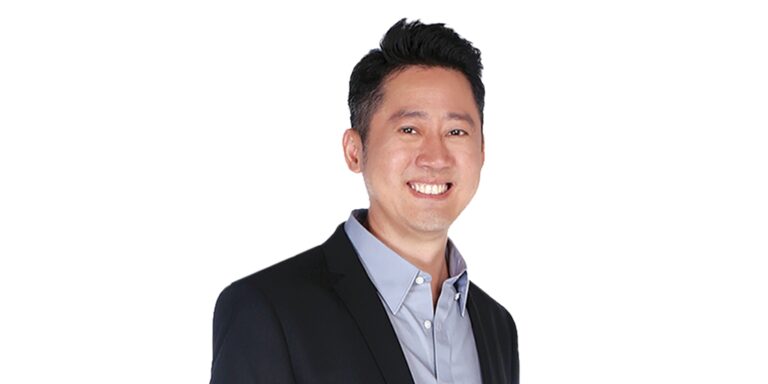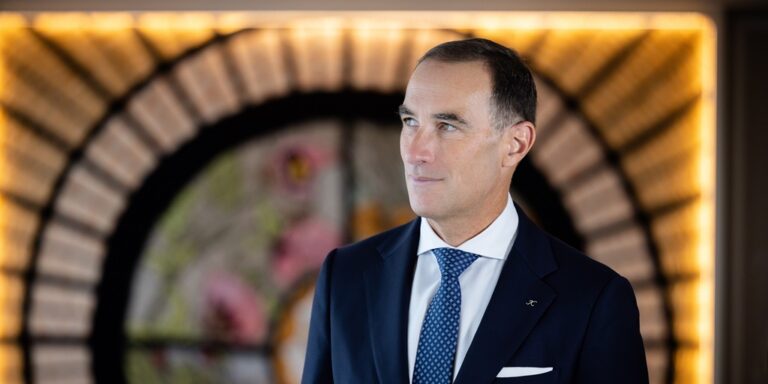A product of French and Chinese hotel expertise, Louvre Hotels Group has set itself a high development target to build on its position as the second largest European hospitality group.
TOPHOTELNEWS caught up with chief development officer Max Cergneux to gauge what the group’s focuses are.
Doubling footprint
Louvre Hotels Group started out as a French business, having been founded in 1976 by the Taittinger family. Via a 2009 merger with the Netherlands’ Golden Tulip Hospitality and the 2015 acquisition by the second largest hospitality group in the world, China’s Jin Jiang International, the firm now has a distinctly global outlook.
Across 11 brands Louvre currently has 1,652 hotels, and the growth shows no signs of stopping. Cergneux revealed: “This year we have opened or signed over 300 properties, the most we have ever done. By 2026 we need to more or less double our footprint, so it’s really fast-paced development.
“A lot of it is driven by Asia, which has really high growth. Europe is important, and we’re quite strong in Brazil and in certain areas of Africa and the Middle East. It is a global expansion that will allow us to reach that objective of doubling.”
Chinese support
This year, Louvre marked a milestone in China with the start of its 500th project in the country, in the form of the 212-room Campanile Shanghai Lingang. So how is Louvre progressing in the major nation? “The complete lockdown between March and June this year had a huge impact, but when it was lifted we had a 90% recovery the month after. That’s how resilient the Chinese market is,” noted Cergneux.
“China is a huge growth economy. It’s supposed to overtake the US as the number one economy within the next few years, so the expansion is just exponential.”
When Louvre joined forces with Jin Jiang in 2015 it had just two sites in China, and Cergneux predicted the figure will reach 1,000 in the next three years. “The growth opportunities are huge because of the size of the market and the support of Jin Jiang,” he said.
The midscale Kyriad brand is the group’s fastest growing in China, with about half of the current portfolio – around 250 sites. Fellow midscaler Campanile is second in that list, with premium marque Golden Tulip completing the podium. Cergneux analysed: “The biggest acceptance of our brands has been on Kyriad and now we are introducing our extended stay brand, Tulip Residences. China has a huge midscale segment so there’s a big opportunity for our midscale brands as well as our upscale brands with Golden Tulip.”
Hungary for Asia
Louvre recently announced it was entering the Hungarian market with the signing of The Campanile Hotel Budapest, bringing 88 keys to the European country’s capital. But even here there is an Asian link, as Cergneux detailed: “Hungary is one of the hotspots for Chinese travellers. Pre-covid, annual arrivals grew 25% per year. It’s among the top three growth destinations in Europe for Chinese, so when we had the opportunity to put a flagship property in Budapest it was clearly something we weren’t going to let pass by.
“We’re looking at the region because of our strength in central and eastern Europe and we are looking to build on that strength to expand.” Cergneux added that there could be opportunities for Golden Tulip and Tulip Residences’ sites in the area too.
Further focus areas
Other regions Louvre is looking at include India, where Cergneux revealed: “We have just signed our hundredth hotel there and we are looking to double our presence in India within the next few years.
“We’re very strong in our home territory of France and we also want to strengthen our position in the other large European markets like Germany, the UK and Spain.”
Louvre sees favourable circumstances in all of these markets for both its midscale brands and upper upscale strand, Royal Tulip, alongside four star Golden Tulip. “Golden Tulip has a huge opportunity because it’s a 60-year old brand that has a presence in 40 countries, so it has a high degree of brand recognition. It will definitely be one of our growth drivers, going forward,” said Cergneux.
Conversion surge
Around 70% of Louvre’s recent signings are conversions, with the remaining 30% as newbuilds. Asked if that is the group’s typical proportions, Cergneux responded: “There have been a lot more conversion opportunities lately because of covid and because people are looking at making a change and creating that momentum for growth.
“We have some conversion brands to do that quick growth, but others are more geared towards a standardised product which can be better achieved with a newbuild. In Bali we did a conversion to create a lifestyle type of Campanile with a rooftop near the beach.”
Investor drives
With such a development drive on the cards, is Louvre able to attract the required investors? “There’s huge investor interest in the midscale segment as it gives great returns and margins,” Cergneux set out. “Investors are looking for flexibility for new concepts and new channels. The fact that we are really starting to focus on all these different regions means that we have a new concept for these regions.
“We’ve also looked into resorts and hostels, and a hybrid hotel by the bed concept based on our economy brands. There are a few hotspots for investors but we still believe that the fundamentals of mid- to upscale are the ones to focus on.”
He further remarked: “There’s a lot of capital in the market and that’s made the investor landscape quite competitive, but there are not enough acquisition opportunities at the right price and return.”
Green supply
On the supply chain side of things, Louvre is able to lean on parent firm Jin Jiang’s scale, with nearly 12,000 sites in the overall group. “We have long term relationships with most of our suppliers. Our supplier team focuses a lot on leveraging the size of the group and localising supply, trying to combine that with our ESG strategy for sustainable supply sources,” said Cergneux.
“Where it makes sense, we want to be able to push a policy of sustainability across our operations.”
On the horizon
As for how the group is likely to progress, Cergneux feels: “Our growth will continue in an exponential way. Our shareholders expect really accelerated growth, and we’re delivering it. So hopefully you will see a much bigger company.
“It will be a mixture of organic growth and acquisitions. There are not many big acquisition opportunities in the market but there are smaller ones that we can look at.”
Staying the course
Even though there are volatile economic headwinds globally at the moment, Cergneux detailed that Louvre will press on with development plans. “Our industry is completely cyclical. It is resilient because overall we’ve always had an upwards trend. It hasn’t impacted our development plans – we still see the opportunities. We just need to be more careful to try to absorb those incremental operating costs to support the investors, owners and operators we work with and to be able to handle what is coming.”
He concluded: “I joined the company two years ago and I saw the level of innovation in the middle of the pandemic. We have resilience because we are part of this big group that has ambitions to be number one globally.
“It’s challenging, but it’s really motivating to get those results. We have no doubt we will achieve them — we have the path and we’re able to think creatively and come up with new ideas that will allow us to reach our objectives.”
Many TOPHOTELNEWS articles draw on exclusive information from the TOPHOTELPROJECTS construction database. This subscription-based product includes details of thousands of hotel projects around the world, along with the key decision-makers behind them. Please note, our data may differ from records held by other organisations. Generally, the database focuses on four- and five-star schemes of significant scale; tracks projects in either the vision, pre-planning, planning, under-construction, pre-opening or newly opened phase; and covers newbuilds, extensions, refurbishments and conversions.

Related Articles

Part of Jin Jiang International, the second hospitality group in the world, and second European group, Louvre Hotels Group has a network of more than 1,600 hotels, from one to five stars, in 60 countries across the world.
[showlayout id=510774]






